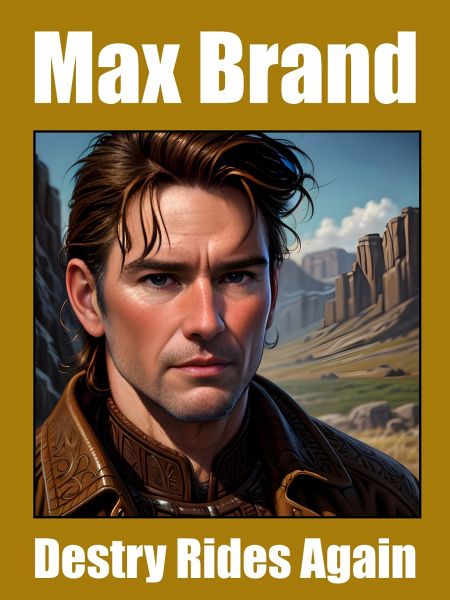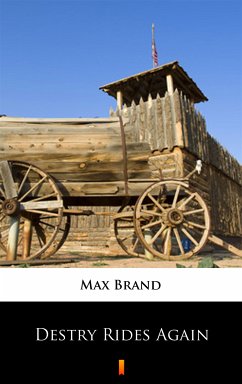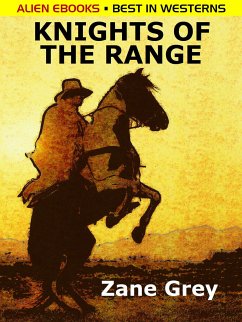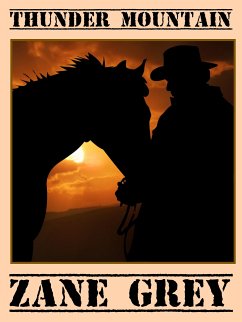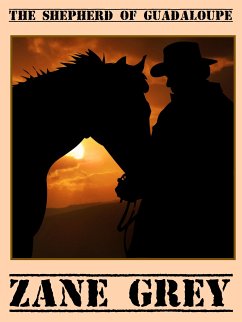American author Frederick Schiller Faust (May 29, 1892 - May 12, 1944) is best known for his Western novels written under the pen name Max Brand. For a collection of pulp fiction stories, he (as Max Brand) also invented the well-known fictional character of young medical intern Dr. James Kildare. Over the next several decades, his Kildare character appeared in a variety of other media, including a number of American theatrical films by Paramount Pictures and Metro-Goldwyn-Mayer (MGM), a radio program, two television programs, and comic books. George Owen Baxter, Evan Evans, George Evans, Peter Dawson, David Manning, John Frederick, Peter Morland, George Challis, Peter Ward, Frederick Faust, and Frederick Frost are some of the other aliases used by Faust. For Argosy magazine, Faust wrote the "Tizzo the Firebrand" series under the pen name George Challis. Taking place in Renaissance Italy, the Tizzo saga was a collection of historical swashbuckler tales starring the title hero. When Faust, Frank Gruber, and coauthor Steve Fisher were at Warner Brothers at the beginning of 1944, they frequently engaged in idle talk in the afternoons with Colonel Nee, a technical advisor dispatched from Washington
